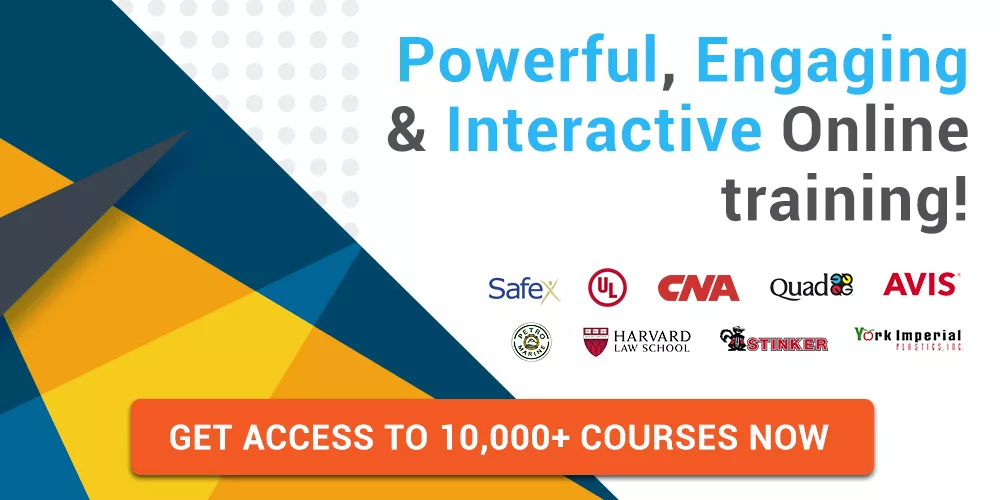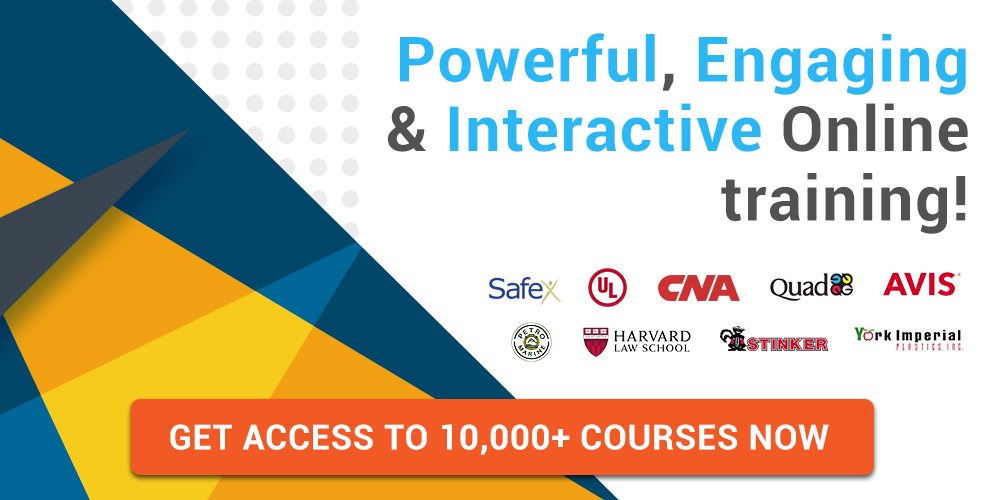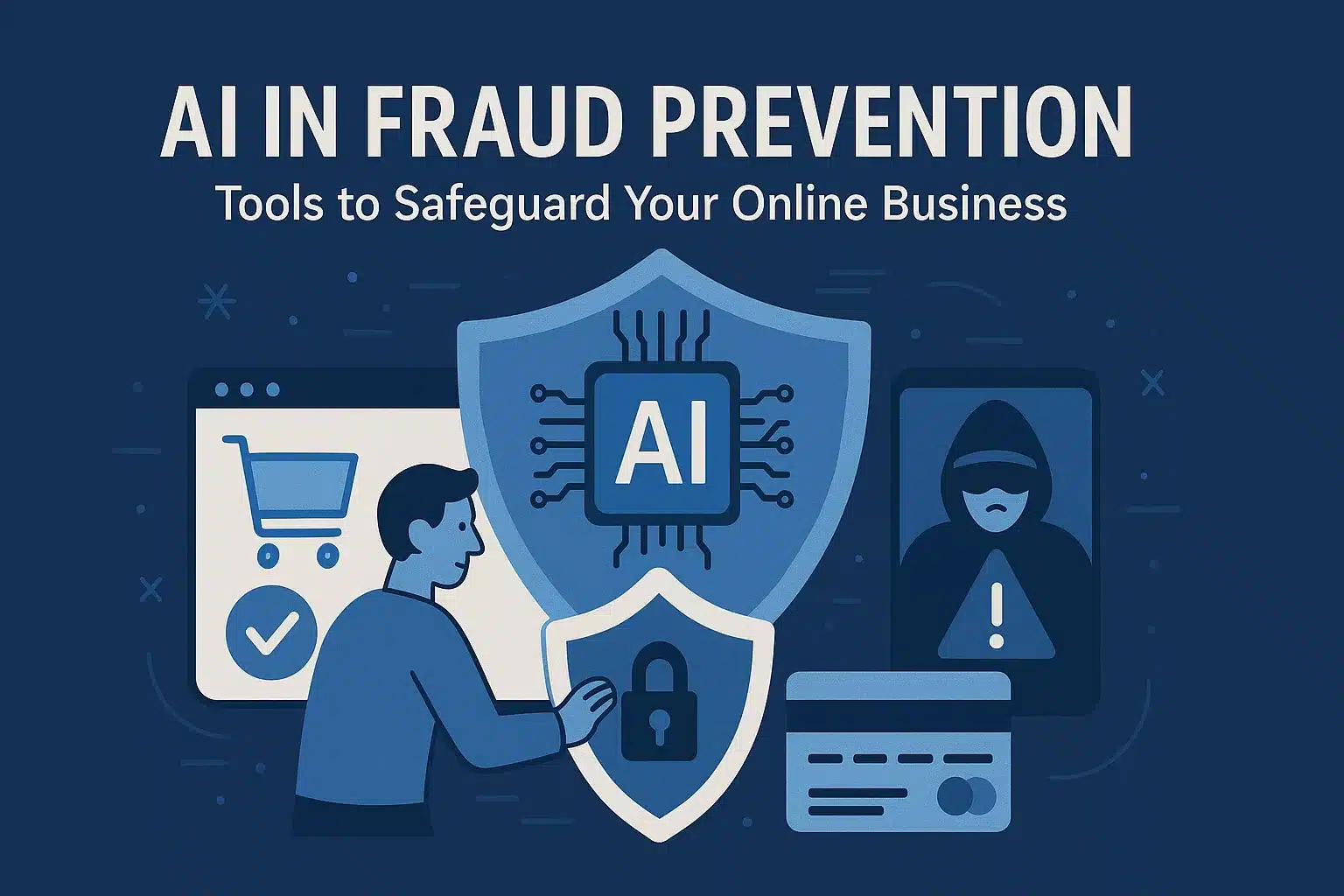What Is Career Development? Importance, Types, Steps, and Career Tips
Are you curious about career development, its types, steps, and tips? If yes, then this blog will be your go-to guide. It will discuss in detail the core concepts of career development, its importance, and much more.
So, let’s go!
What Is Career Development?
Career development is a continuous process of managing your learning and working to progress toward a better future. Let’s understand this better with an example. Imagine you go on a road trip, you plan your route in advance, you make certain midway stops for refreshments. And you are also ready for detours that may happen on the go.
Career development is just the same. It’s like planning your career move in advance, stopping and acquiring new skills, and adjusting your course as you encounter ups and downs in your career.
Why Is Career Development Important?
Career development offers numerous benefits to individuals and organizations.
For Individuals:
- Personal Growth and Fulfillment: When you engage in career development, you will have a deeper understanding of yourself, your strengths, and your passions.
- Professional Advancement: Managing your career development can help you climb the professional ladder, take on more significant roles, and increase your earning potential.
- Lifelong Learning: Career development encourages continuous learning and skill improvement. It will keep you relevant and adaptable.
Case Study – Coggno & Harvard Revolutionizing Training Delivery
For Organizations:
- Talent Retention: Companies that invest in their employee’s career development tend to retain top talent longer. It, in turn, reduces turnover rates and associated costs.
- Increased Productivity: Employees who see a clear path for career growth are often more motivated and engaged.
- Innovation and Adaptation: Organizations benefit from a workforce continually acquiring new skills. It allows them to stay upfront with the changing industry trends.
Career Development Learning Track
Types of Career Development
Career development is a multifaceted concept. It can manifest in various ways depending on your unique circumstances and goals. Some of the different types of career development are:
- Individual Career Development
This type involves personal initiatives, where individuals take charge of their own career paths. It includes setting goals, seeking opportunities, and self-improvement.
- Organizational Career Development:
Organizations play an active role in shaping employees’ careers through training, mentorship, and career progression programs. This type ensures alignment with company objectives.
- Lifelong Career Development:
Lifelong career development focuses on adapting and growing throughout your entire career.
- Skill-Based Career Development:
Career development focuses on acquiring specific skills for a particular job or industry. It’s a targeted approach to enhance your employability.
How to Start Your Career Development Journey?
To set off on the right foot in your career development journey, you’ll want to follow some essential steps:
Self-Assessment
When self-assessing yourself, understand your interests, values, strengths, and weaknesses.
Setting Clear Goals
Once you better understand yourself, set clear, realistic career goals. These goals will pave the way ahead.
Identifying Strengths and Weaknesses
Identify what skills set you apart. Also, acknowledge areas where you may need improvement.
Researching Career Paths
Look for options that match your goals and interests. You must also look into job market trends, required qualifications, and potential growth opportunities.
When Should You Begin Career Development?
Timing is a critical factor in career development. While it’s never too late to start, the optimal time to kickstart your career development efforts can vary depending on your current life stage and career goals.
Mid-Career Development for Professionals
- Early Professional Years: In your early professional years, focus on skill development and gaining expertise in your field. Consider taking training from Coggno and additional certifications.
- Mid-Career Transition: If you’re considering a career change or advancement, mid-career is an ideal time to reassess your goals and take proactive steps.
Late-Career Development for Experienced Workers
- Pre-Retirement Planning: Consider options for phased retirement or transitioning into a different role within your organization as retirement approaches. Plan for continued engagement and personal fulfillment post-retirement.
Case Study: How Coggno Empowered Costo to Achieve Unprecedented Compliance and Safety Standards
What are The Steps of Career Development?
Career development involves a series of well-defined steps. Each of them contributes to your growth and progress.
Step 1: Self-Exploration
Begin by getting to know yourself better. Assess your values, interests, strengths, and weaknesses. What do you enjoy doing? What are you passionate about? Understanding yourself is the foundation of your career journey.
Step 2: Goal Setting
Once you understand your preferences and capabilities, set clear and achievable career goals. These goals will guide your actions and decisions throughout your journey.
Step 3: Skill Development
Identify the skills and knowledge needed to reach your career goals. Invest in acquiring these skills through formal education, training programs, and workshops, or on-the-job experiences.
Step 4: Networking
Attend industry events, connect with colleagues, and seek out mentors who can provide guidance and support.
Step 5: Job Search and Application
Create a compelling resume and cover letter. Utilize online job search platforms and company websites to find opportunities aligned with your goals.
Step 6: Interviewing and Negotiation
Prepare for interviews by researching the company and practicing your responses. After receiving an offer, negotiate effectively to secure the best possible terms.
Step 7: Continuous Learning
Stay up-to-date with industry trends, technologies, and best practices. Seek out additional opportunities for growth and advancement.
Make It Happen: Setting Goals To Get What You Want
What are the Common Challenges in Career Development?
Career development will never be smooth sailing. It’s important to be aware of the challenges that may arise and how to overcome them.
Here are some common hurdles:
Overcoming Self-Doubt
- Challenge: Many individuals face self-doubt and imposter syndrome when pursuing new career goals.
- Solution: Build self-confidence through self-assessment, setting achievable goals, and seeking mentorship for guidance and encouragement.
Balancing Work and Personal Life
- Challenge: Juggling between work, career development, and personal life can be challenging.
- Solution: Prioritize time management, set boundaries, and maintain a healthy work-life balance to prevent burnout.
Navigating Career Transitions
- Challenge: Changing careers or industries can be intimidating.
- Solution: Leverage transferable skills and seek resources like career counselors or professional associations to ease the transition.
Dealing with Rejection
- Challenge: Job rejections or setbacks can be disheartening.
- Solution: View rejection as a learning opportunity, seek feedback, and persevere in your journey.
Case Study: How Coggno Empowered Costo to Achieve Unprecedented Compliance and Safety Standards
How to Stay Motivated Throughout Your Career Development Journey?
Here are some effective ways to stay inspired and focused:
Setting Milestones
Break down your long-term goals into smaller, achievable milestones. Celebrating these victories along the way can boost your motivation.
Seeking Mentorship
Seek mentorship from people around you and those who provide guidance, support, and motivation. They can help whenever you are in doubt.
Celebrating Achievements
Celebrate all your successes— big or small. Recognizing all your achievements will keep you motivated.
Adapting to Change
Be flexible and open to change. Career development is a dynamic process, and your goals may evolve. Embrace these changes as opportunities for growth.
What is the Role of Technology in Career Development?
In this age and time, technology plays a significant role in shaping how we approach career development. Here’s how technology can boost your career:
Online Learning and Skill Enhancement
Technology offers access to many online courses, webinars, and educational resources. From Coggno, you can learn new skills or brush up on existing ones from your home.
Job Search Platforms and AI
Technology streamlines the job search process by using AI algorithms. It matches your resume with available and most suitable opportunities.
How to Navigate Career Development During Economic Downturns?
Economic downturns are challenging, but they shouldn’t stall your career. Here are some strategies you can use during uncertain times:
Upskilling and Reskilling
Invest in learning new skills or updating existing ones in demand during economic downturns. Consider certifications or short courses from Coggno to add to your resume.
Maximize Training, Minimize Costs With Coggno Prime
Exploring Alternative Career Paths
Always keep a door open to exploring different career paths or industries that may be more resilient during economic downturns.
Leveraging Transferable Skills
Identify the skills you’ve developed in your current or past roles. These skills highlight your knowledge when seeking new opportunities.
Networking in Challenging Times
Stay connected with your professional network, even during economic downturns. It can help you uncover hidden job opportunities that you might not have been considering at all.
Conclusion
The journey of your career development will always be a reflection of your aspirations, efforts, and continuous growth. By following the above outlined principles and strategies, you can achieve your goals and find fulfillment in your chosen profession.



















